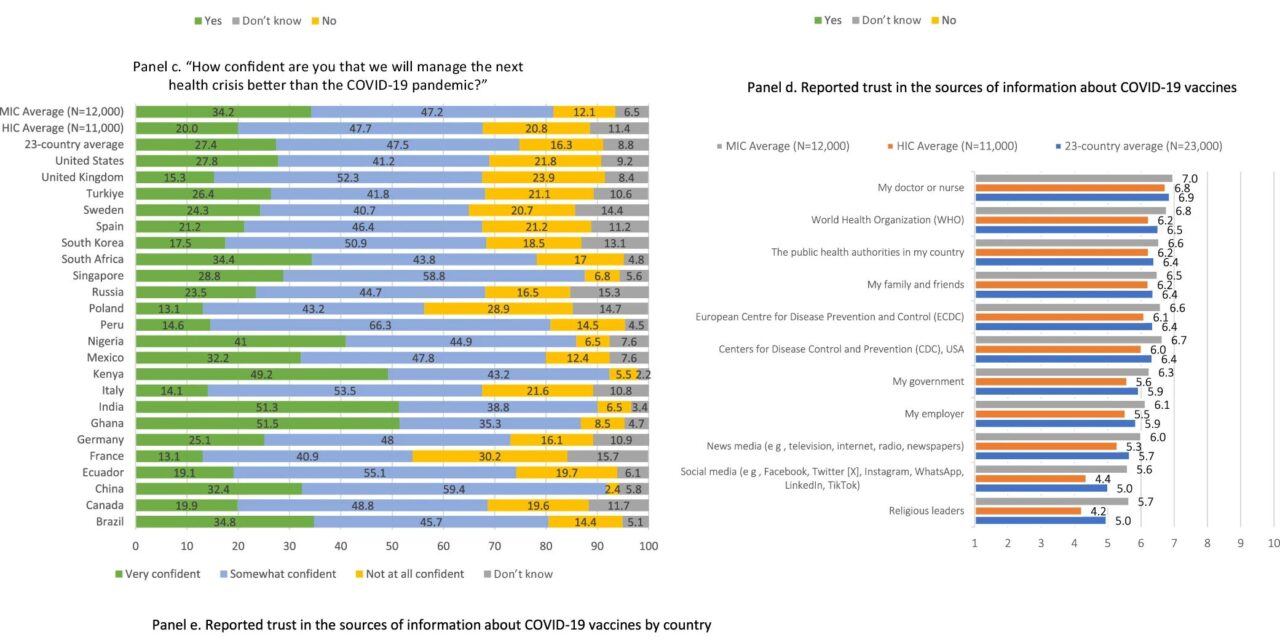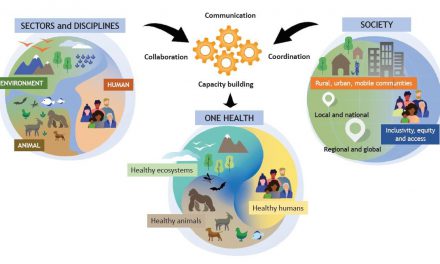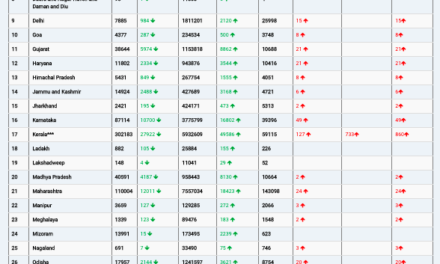A recent survey published in Nature Medicine has unveiled a nuanced picture of global attitudes towards COVID-19 vaccines and vaccination in general. While the uptake of at least one COVID-19 vaccine dose has been robust worldwide, concerns linger regarding the acceptance of COVID-19 boosters and routine immunizations.
Conducted by researchers from the City University of New York Graduate School of Public Health and Health Policy (CUNY SPH), the survey gathered insights from 23,000 respondents across 23 countries, representing over 60% of the global population. Led annually since 2020, this study sheds light on the evolving landscape of vaccine acceptance amidst the COVID-19 pandemic.
Professor Jeffrey V. Lazarus, head of the Health Systems Research Group at the Barcelona Institute for Global Health and coordinator of the study, highlighted persistent challenges stemming from pandemic disruptions, global vaccine distribution disparities, and the proliferation of misinformation.
While the global uptake of at least one COVID-19 vaccine dose soared to 87.8% in the past year, up from 70.4% in 2022, intentions to receive COVID-19 boosters saw a decline from 87.9% in 2022 to 71.6%. This downward trend raises concerns, particularly as the virus continues to mutate.
Dr. Ayman El-Mohandes, senior author of the study, underscored the importance of addressing vaccine hesitancy, especially among vulnerable populations. Despite the availability of variant-adapted boosters, a significant portion of at-risk individuals remains reluctant to embrace additional doses.
Moreover, the survey revealed potential repercussions on routine immunizations, with a quarter of respondents expressing greater reluctance to receive non-COVID-19 vaccines. While the pandemic experience has heightened willingness for vaccination in some, it has also fueled skepticism in others.
Trust in sources providing pandemic-related information varied across demographics and regions. While personal healthcare providers and the World Health Organization garnered relatively high levels of trust, disparities were evident across countries. For instance, religious leaders wielded significant influence in Nigeria and India compared to Sweden and Germany.
Overall trust in health authorities and government institutions remained relatively stable, yet a notable minority reported declining trust in science and the pharmaceutical industry. These findings underscore the multifaceted nature of vaccine hesitancy and the imperative for tailored communication strategies.
As the world navigates the next phase of the pandemic, bolstering vaccine confidence and addressing misinformation will be paramount. Dr. Lazarus emphasized the need for culturally sensitive messaging and targeted outreach efforts to bridge gaps in vaccine acceptance.
In conclusion, while strides have been made in COVID-19 vaccination, the journey towards universal immunization remains fraught with challenges. By fostering trust, promoting education, and addressing disparities, global health authorities can strive towards a more resilient and inclusive vaccination landscape.












